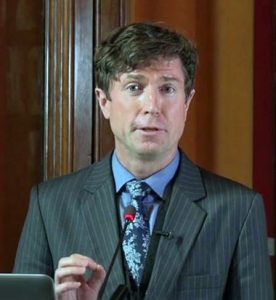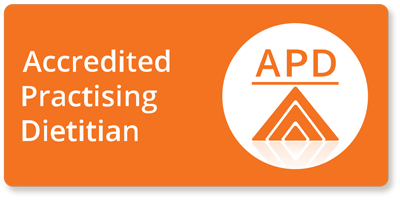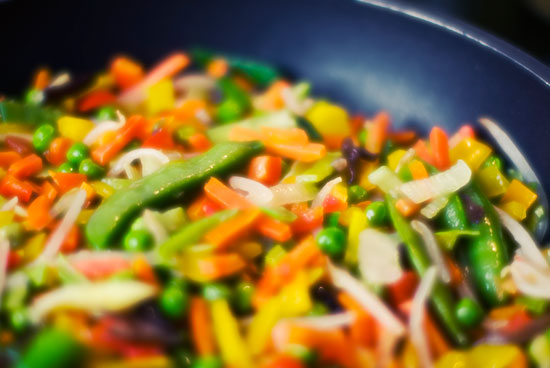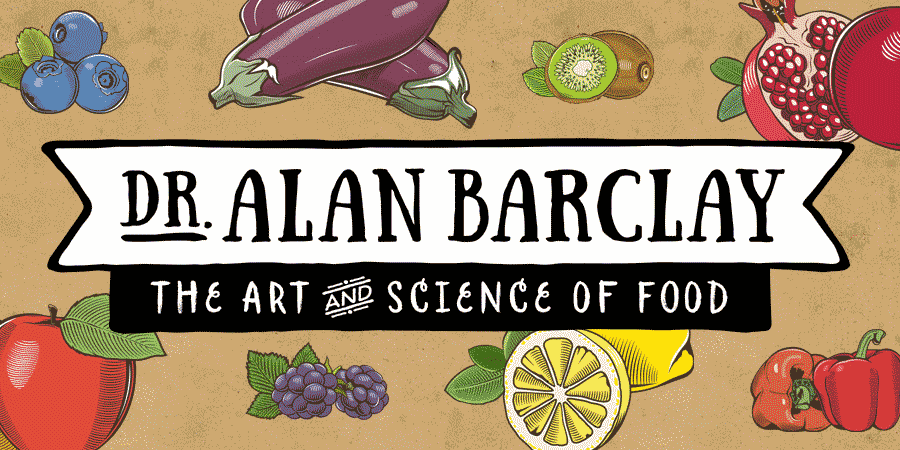Long-term health and well-being
Food isn’t medicine — it’s so much more than that. From the day we are born to the day we die, food not only nourishes us, but provides pleasure, social interaction and anchors us to our family, community, culture and point in time.

Food should not only be good for us — it should also be enjoyable, affordable and sustainable. I am an all-round expert in food and nutrition having studied human nutrition/dietetics, food science and commercial cookery. Join me here to learn about cooking, eating, nourishing and celebrating food.
Let’s face it, most of the major events in our lives revolve around its consumption: births, deaths, weddings, religious celebrations, to name but a few …

In Australia (where I live) and many other wealthy developed nations, we have an abundance of foods and drinks to choose from, and most of us can enjoy foods from whatever dietary pattern we can imagine: Chinese, Indian, French, Japanese, Middle Eastern, Mediterranean, Thai, Vietnamese, etc … that have developed over many thousands of years and are savoured all around the world … yet for many of us, food has sadly become the enemy. Once a relatively rare condition, orthorexia has now become extremely common.
Rising rates of overweight, obesity and associated conditions like type 2 diabetes and heart disease are at least in-part due to unhealthy eating habits. These habits don’t pop up overnight — for most of us they have become engrained over our lifetime. Around 2,500 new diet books are published around the world every year, with most promising to solve all of the worlds nutrition problems by advising us to instantly change our eating habits, by simply following their prescribed diet and in so doing avoiding nutrient X, ingredient Y and/or food group Z …

The problem is of course it isn’t that simple — most of these diets require you to follow strict rules that impact on your social and psychological well-being, let alone your enjoyment of food. If changing your diet was simple, there wouldn’t be so many diet-related health conditions. Ultimately, one diet does not suit all of humankind — we are omnivores, and part of our success as a species is being able to enjoy a wide range of foods and cuisines. Flexibility is one of the keys to long-term success and enjoyment.

As an Accredited Practising Dietitian and chef, my philosophy is congruent with the American Diabetes Association — “Maintain the pleasure of eating by only limiting food choices when indicated by [the highest quality] scientific evidence.”
Science is a useful tool that has developed over the past 300+ years and in combination with modern technologies, has liberated humankind in countless ways from automobiles to smart-phones. Science is constantly evolving, as new experiments are conducted, observational studies unfold, and results are incorporated into new theories, that feed back into more experiments … the circle is only limited by people’s imagination and (unfortunately) funding.

While we arguably discovered vitamin C in the mid 1700’s, nutrition science is a relatively new branch, rising to prominence during World War II thanks to Winston Churchill who was a great supporter. Like all science, it is rapidly evolving. While it’s tempting for many to recommend new diets based on the latest research study — and inadvertently claim that all that preceded it were wrong — it’s important that we interpret even the best designed new experiment in the light of the entire body of scientific evidence that preceded it.
As humankind expanded out of Africa, we developed eating patterns that reflected the foods that were available locally. Over many thousands of years, as we travelled further and further, these patterns became increasingly different, yet still nourishing and enjoyable. Many of these eating patterns like those developed by people living in Crete in the Mediterranean and Okinawa in Japan are very different nutritionally, yet are associated with longevity and low risk of chronic disease. What they tell us is quite simple: there are many different ways of eating well.
My qualifications
I don’t think anyone is ever too old to learn. Throughout my life, I have regularly enrolled in courses to improve my knowledge, skills and understanding.
To date, I have completed the following:
| 2016-2018 |
Commercial cookery (Certificate III)North Sydney Institute of TAFE |
|---|---|
| 2003-2008 |
Doctor of Philosophy (carbohydrates and chronic disease risk)University of Sydney |
| 2007 |
Presenting to cameraNational Institute of Dramatic Art |
| 1993 |
Graduate Diploma in DieteticsCurtin University of Technology |
| 1990-1992 |
Bachelor of Science in Nutrition and Food ScienceCurtin University of Technology |
I also started, but didn’t complete, a number of degrees:
| 1998 |
Bachelor of BusinessUniversity of Technology, Sydney |
|---|---|
| 1985-1987 |
Bachelor of Arts in Psychology and Communication StudiesMurdoch University |
Even though I didn’t finish these courses, I still learned a lot of useful things along the way …
My professional affiliations
I have been a member of the Dietitians Australia since 1993 and am an Accredited Practising Dietitian and Accredited Nutritionist.
I have been a member of the Australian Diabetes Society since 2004.
I have been a member of the Royal Society of Medicine since 2019.
My work experience
My first job as a dietitian was doing locum work (e.g., Royal Perth Hospital; Armadale Hospital) and working part-time in a fitness centre in Perth helping people to get into shape. Later, I moved to regional New South Wales for my first full-time job, working in a general hospital (Wellington), a rehabilitation hospital (Lourdes Hospital) and community health.
My next job was at Royal Prince Alfred Hospital where I initially worked for the Allergy Unit before expanding in to the Obesity and Metabolism Unit via the Bodyline clinic. I then moved across the road to Diabetes Australia (NSW) where I remained until mid-2014, before becoming a consultant. Along the way, I helped establish the Glycemic Index Foundation, which was a not-for-profit spin-off company established between Diabetes Australia, the University of Sydney, and the Juvenile Diabetes Research Foundation (Australia).
My areas of interest
Over the last ~32 years, I have had the opportunity to work in a broad range of areas, from academia to public health, with the ultimate goals of: 1) educating myself and others; 2) communicating science effectively to people from all walks of life; and 3) improving the food supply to help make healthier choices easier choices:
| 1. Education |
|---|
| Academic activities / research |
| Clinical dietetics |
| Books |
| 2. Communication |
| Media |
| Presentations |
| 3. Improving the food supply |
| The art of cooking |
| Food composition and labelling |
